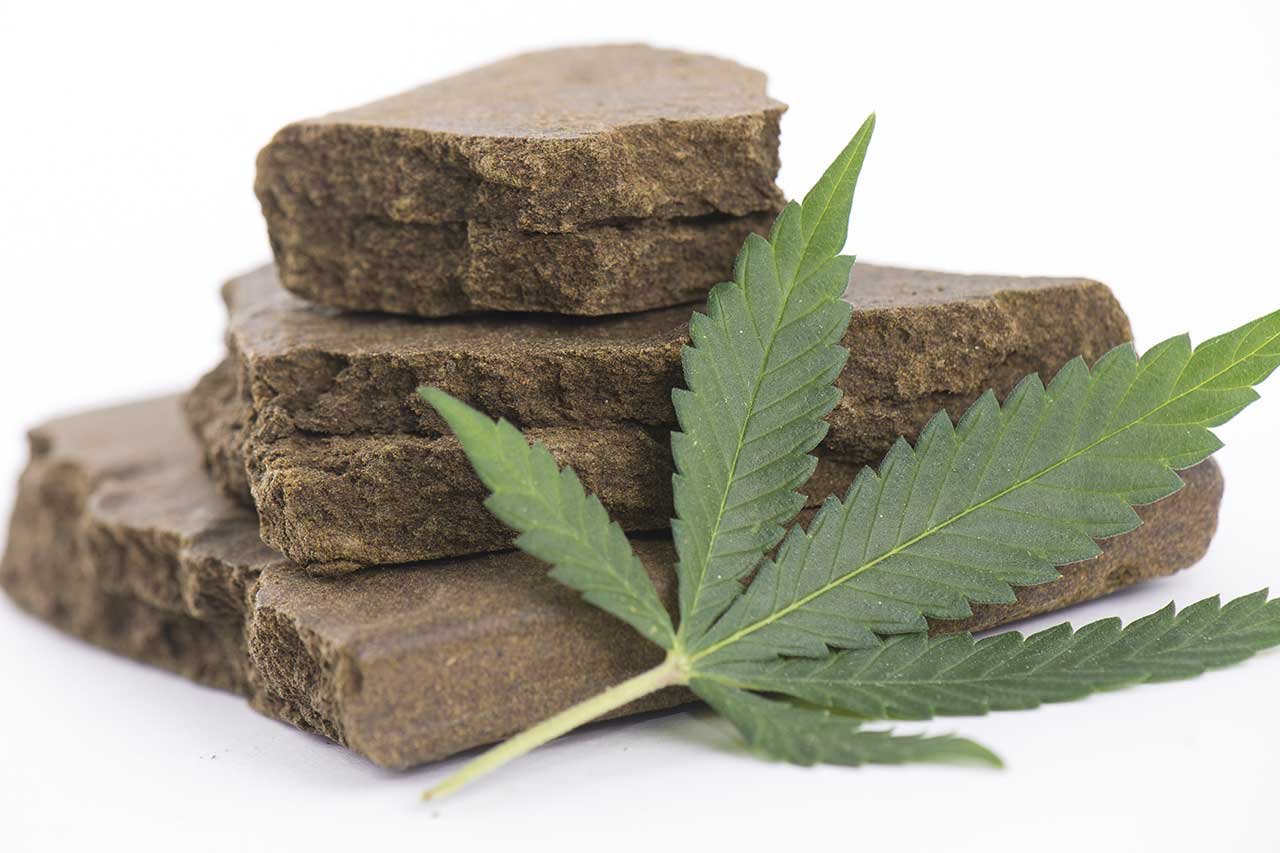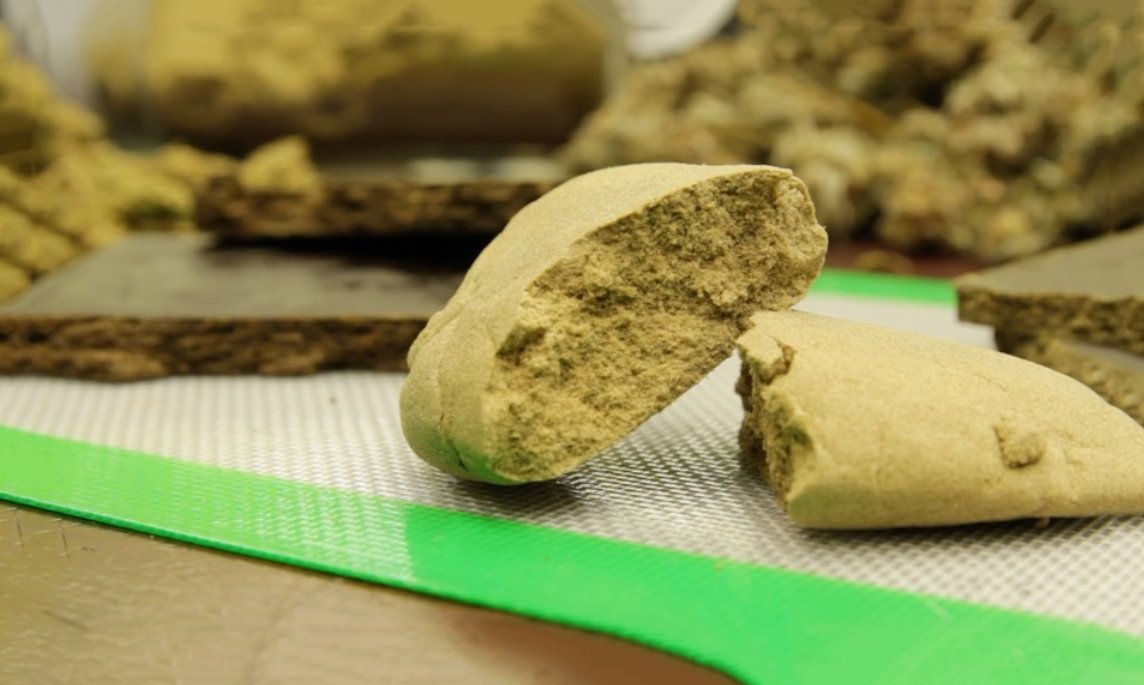Is Hash in Thailand Legal in 2024?

Table of Contents
Is hash in Thailand legal? You’d be surprised how many times we get asked that gem. If the answer was a Facebook relationship status, then the answer would be “it’s complicated.” As we enter the year 2024, the legal landscape surrounding cannabis and its derivatives continues to evolve across the globe. In Thailand, a country known for its strict drug laws, there have been significant changes in recent years regarding the legality of cannabis and its byproducts.
One pressing question on the minds of many is, “Is hash in Thailand legal in 2024?” In this article, we will delve into the history of cannabis laws in Thailand, the current state of hash legality, and the factors influencing these changes.
Historical Perspective of Cannabis Use
Thailand has a long history of cannabis cultivation and use, dating back centuries. Traditionally, cannabis was used for various medicinal, spiritual, and recreational purposes in Thai culture. However, the country began implementing strict drug control measures during the mid-20th century, influenced by international drug treaties and pressure from Western nations.
In 1979, Thailand passed the Narcotic Act, which categorized cannabis and its derivatives as Schedule 5 narcotics, the most restrictive category. This meant that the possession, sale, or use of cannabis in any form, including hash, was illegal and punishable by severe penalties, including imprisonment.
The Legalization of Medical Cannabis and Hash in Thailand
In 2018, Thailand made a significant shift in its stance on cannabis by legalizing medical marijuana. This move was driven by mounting evidence of the therapeutic benefits of cannabis and a desire to explore its economic potential. The change in policy marked a turning point in Thailand’s approach to cannabis.
Under the new law, patients with qualifying medical conditions could access medical cannabis products, including oils, capsules, and edibles, through licensed healthcare providers. While this law focused on medical marijuana, it signaled a gradual shift toward a more lenient approach to cannabis in general. But does this cover hash in Thailand? Let’s start from the beginning.
What is Hash?
Hash, short for hashish, is a concentrated cannabis product that has been used for centuries across various cultures and regions. It is created by collecting and processing the resinous trichomes of the cannabis plant, which are the tiny, crystal-like structures found on the plant’s flowers and leaves. These trichomes contain a high concentration of cannabinoids, including the well-known psychoactive compound tetrahydrocannabinol (THC), as well as other beneficial compounds like cannabidiol (CBD).
How to make hash…
To make hash, cannabis buds or plant material are typically shaken, agitated, or mechanically separated to remove the trichomes. These resin glands are then compressed into a solid or semi-solid form, ranging in color from light yellow to dark brown, depending on the plant’s maturity and processing methods.
Hash can be consumed in various ways, including smoking, vaporizing, or mixing it with other cannabis products. Its potency can vary significantly, with some types containing high levels of THC and others with more balanced cannabinoid profiles.
Due to its concentrated nature, hash often provides a potent and fast-acting experience, making it popular among recreational and medicinal cannabis users. While it shares the same plant source as marijuana, hash is distinct in terms of its preparation, potency, and consumption methods. But it’s important to remember that hash in Thailand is not that easy to obtain.

The Status of Hash in 2024
To determine the current legality of hash in Thailand in 2024, it is essential to understand how hashish is categorized and regulated under Thai law. Hashish, being a concentrated cannabis product, falls under the same regulations as cannabis itself.
As of 2024, recreational use of cannabis and hashish remains illegal in Thailand. Possession, sale, or use of these substances can result in severe legal consequences, including imprisonment. The Thai government has continued to uphold strict penalties for cannabis-related offenses to deter recreational use.
However, the picture becomes more complex when we consider the expanding market for CBD products, including those derived from cannabis. While CBD products with low THC content are generally legal, they are subject to stringent regulations. Thai authorities have implemented strict quality control measures and licensing requirements for CBD producers and sellers.
Moreover, the legalization of medical cannabis has paved the way for the development of various cannabis-based products and hash in Thailand. Patients with qualifying medical conditions can access medications that contain THC, such as oils and capsules, under the supervision of healthcare providers.
Industrial Hemp and CBD Products
In addition to medical cannabis, Thailand has also embraced the cultivation and processing of industrial hemp. Hemp is a variety of the cannabis plant that contains negligible levels of THC, the psychoactive compound responsible for the “high” associated with marijuana.
In 2024, Thailand has established a legal framework for the cultivation and processing of industrial hemp. Farmers can apply for licenses to grow hemp, and businesses can manufacture and sell hemp-derived products, including CBD oils, creams, and cosmetics. These products must adhere to strict THC limits to ensure they remain non-intoxicating.
The Thai government’s support for industrial hemp and CBD products reflects its recognition of the economic potential of the cannabis industry. The demand for CBD-infused products, both domestically and internationally, has created new opportunities for businesses in Thailand, from small-scale farmers to large-scale manufacturers. But that doesn’t really answer is hash in Thailand is legal or not.
Factors Influencing Change
Several factors have contributed to Thailand’s changing stance on cannabis and hashish in recent years. Maybe some of these things can answer if hash in Thailand is legal or not:
- Economic Considerations: The potential economic benefits of the cannabis industry, including tax revenue, job creation, and export opportunities, have motivated Thailand to explore this emerging market.
- Medical Research: Growing evidence of the therapeutic properties of cannabis and its derivatives has encouraged policymakers to reconsider their approach to cannabis, leading to the legalization of medical marijuana.
- International Trends: As more countries around the world adopt more progressive cannabis policies, Thailand has felt pressure to align its laws with international standards and remain competitive in the global market.
- Public Opinion: Changing attitudes toward cannabis, both domestically and globally, have influenced public opinion and, in turn, shaped government policies.
Is Hash in Thailand Legal or Illegal in 2024?
So, is hash in Thailand legal? As of 2024, the legal status of hashish in Thailand remains intertwined with that of cannabis. While the country has made significant strides in the legalization of medical cannabis and the regulation of industrial hemp and CBD products, recreational use of cannabis and hashish remains illegal and subject to strict penalties.
The truth is that has is sometimes seen as a cannabis extract. So in effect, it could be considered illegal in Thailand, although extracts are usually oil, dabs and so forth. At the time of writing there is no exact law that governs cannabis hash, so your guess is as good as ours.
The evolving landscape of cannabis in Thailand underscores the complex interplay of factors shaping drug policy in the 21st century. As research on cannabis continues to expand and public perception evolves, it is possible that Thailand’s stance on recreational cannabis may further change in the future. For now, those in or traveling to Thailand should be aware of the current laws and regulations governing cannabis and its derivatives to avoid legal repercussions.


